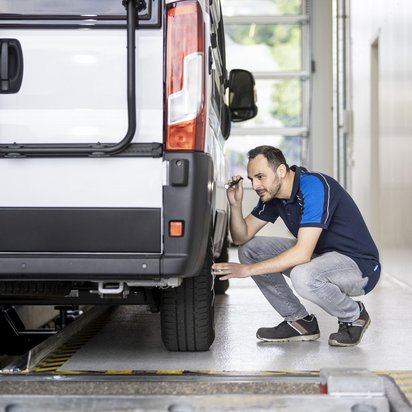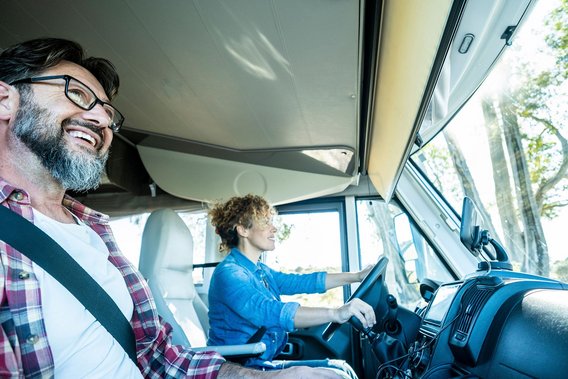Periodical Technical Inspection for motorhomes and caravans
Periodical Technical Inspection (PTI) is required by law for motorhomes and caravans and is crucial for the safety and registration of your vehicle - here you can find out exactly what the procedure is and how you can best prepare for it.



